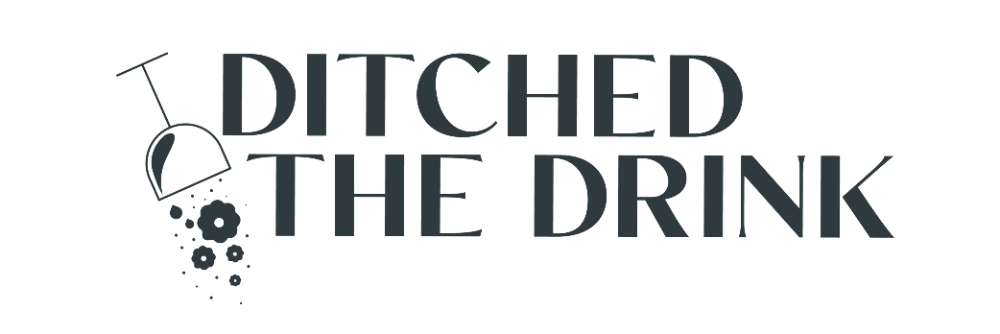Alcohol at work? Ok, Boomer.
Dec 02, 2019
The Mad Men era of three martini lunches and ashtrays on every desk is outdated. Health conscious consumers are trending now. A 2018 Pricewaterhouse Coopers (PwC) report found 49% of people in the U.S. own a wearable device to help them live longer (70%), maintain a healthy weight (63%), and pay less in insurance premiums (62%).
75% of large employers and 33% of small companies run wellness programs. Well-designed wellness programs have a return on investment of 1.5 - 3 times the dollar amount spending over 2-9 years.
The best benefit for the health of your company and your employees is to evaluate your workplace alcohol policy. Ditching the drink directly correlates to losing weight, living longer, decreasing insurance premiums and positively affecting company bottom line.
Company leaders and HR Professionals want to:
- Attract Top Talent
- Minimize costs
- Retain productive, engaged employees
- Create a healthy and safe work environment
- Limit liability
- Increase the bottom line
Using alcohol as a way to attract talent, incentivize employee performance, connect employees, and creatively problem solve solutions is an outdated strategy.
Beer cart Fridays, networking Happy Hours, Beer Pong Tournaments and all-you-can-drink-vacations for top performers, are no longer considered attractive workplace perks.
This is great news for company leaders and HR professionals wanting to limit liability and create a culture of wellness.
Alcohol is the single most used and abused drug in America. 1 in 12 Americans abuse alcohol. That’s a lot of your workforce engaging in risky drinking patterns that could lead to alcohol problems.
The workplace costs of alcohol abuse ranges from $33 billion to $68 billion per year, according to The National Institute on Alcohol Abuse and Alcoholism.
The negative outcomes of workplace drinking far outweigh any perceived benefits:
- Alcohol decreases employee productivity and engagement
- Alcohol decreases employee health and safety
- Alcohol is expensive
- Alcohol in the workplace increases:
- sick time
- overtime
- insurance claims
- tardiness
- worker’s compensation
- friction among workers
- damage to equipment
- employee turnover
- sexual harassment
According to Forbes nearly three-quarters of workers say they want their employers to champion mental health and wellbeing in the workplace. This is rated as more important than equality (48%), sustainability (38%), and diversity (31%).
In the U.S., employees report the value of benefits, time off, and other perks ahead of happy hours.
There are many generous, more creative rewards that boost employee engagement, retention, and moral with much less liability.
The employer is key to the success of workplace policy in regards to offering alcohol at work. An effective policy is echoed by a positive workplace culture. I suggest ditching the drink in the workplace and instead giving positive feedback for employee activities and behavior that support mental health.
